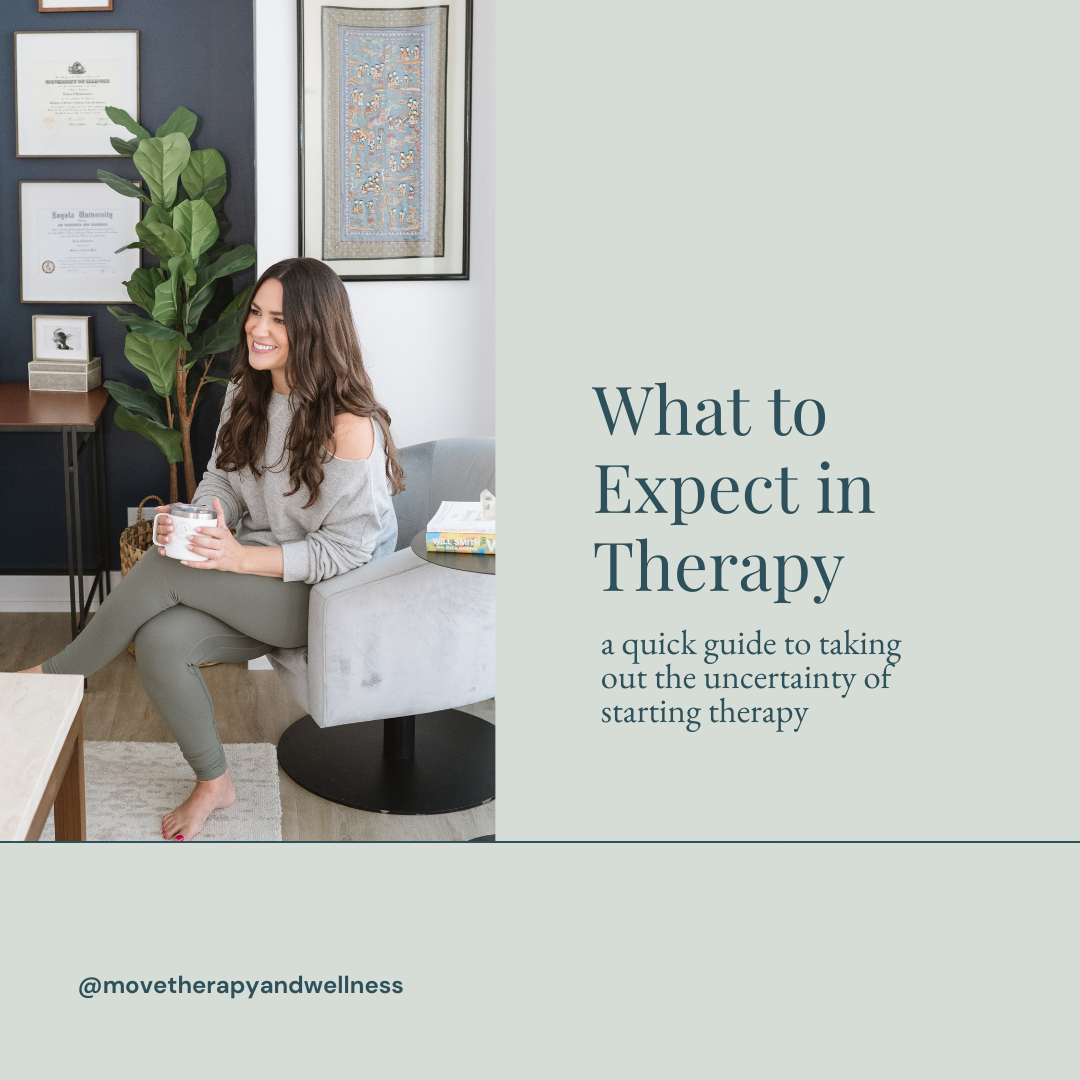There are many viewpoints on being in therapy and starting therapy for the first time can feel intimidating, but understanding what to expect can make the process much more approachable. Therapy is a safe, confidential space where you can talk openly about your thoughts, feelings, and experiences without fear of judgment. Whether you’re struggling with anxiety, depression, relationship issues, or just want to better understand yourself, therapy offers tools and insights to help you grow. The goal is to help you gain more insight about yourself and help you manage life’s challenges using healthy coping skills and reduce unhealthy coping patterns.
In your first session, often called an “intake,” a therapist will ask about your background, reasons for seeking therapy, and what goals you hope to achieve. Your therapist will gently guide you and go at your own pace. Your therapist may also explain how sessions typically work, confidentiality rules, and what their approach to treatment is (e.g., cognitive-behavioral therapy, psychodynamic therapy, etc.). This session is as much for you to assess the therapist as it is for them to learn about you. It’s important for you to notice how you feel in the session and afterwards to decide if the relationship seems like a good fit. If you don’t feel safe and comfortable with a particular therapist, it’s okay to let the therapist know and seek out someone else who you feel more comfortable with for therapy.
As therapy continues, sessions might include exploring your emotions, identifying patterns in your thinking or behavior, and learning coping strategies. Progress may feel like it ebbs and flows at times, especially when confronting painful topics or deeply rooted habits. Consistency is key with therapy, especially in the beginning, when the therapist has to take time to get to know you and build rapport and you are unpacking many details about your life experiences. Many people find that even small shifts in thinking or behavior lead to meaningful improvements in their daily lives. Remember, progress is not linear, and it’s normal to have ups and downs during the process.
One of the most important factors in making therapy effective is a strong therapeutic relationship. It’s okay to find a new therapist if the fit doesn’t seem right for you. When you feel comfortable with your therapist, you will be more willing to share your vulnerabilities, struggles and successes, increasing your likelihood of feeling that the time spent is beneficial and your progress is visible outside of therapy. Being in therapy is not an easy journey, but with time and commitment, it can become a powerful tool for healing, self-discovery, and lasting personal change.
Written by: Sarah Thorsen, LCPC
